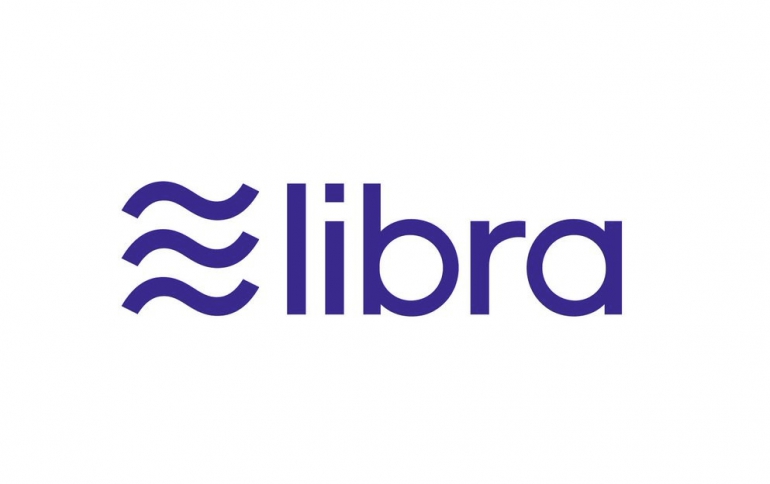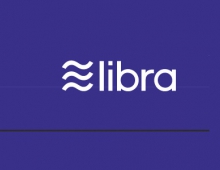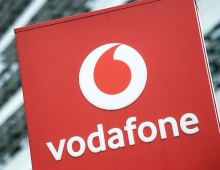
Libra's Future Uncertain After Mastercard, Visa Abandon Facebook's Currency Project
Facebook’s ambitious efforts to establish a global digital currency called Libra has hit on Friday, with heavyweights Mastercard and Visa to be the latest companies to leave the quit the Libra Association.
Previously, EBay Inc, Stripe Inc., Latin American payments company Mercado Pago and PayPal Holdings had also exited the group behind Lybra.
The latest exodus leaves the Libra Association without any remaining major payments companies as members, meaning it can no longer count on a global player to help consumers turn their currency into Libra and facilitate transactions.
“Visa has decided not to join the Libra Association at this time,” the company said in a statement. “We will continue to evaluate and our ultimate decision will be determined by a number of factors, including the Association’s ability to fully satisfy all requisite regulatory expectations.”
Facebook’s head of the project, former PayPal executive David Marcus, cautioned on Twitter against “reading the fate of Libra into this update,” although he acknowledged “it’s not great news in the short term.”
“We are focused on moving forward and continuing to build a strong association of some of the world’s leading enterprises, social impact organizations and other stakeholders,” said Dante Disparte, Head of Policy and Communications for the Libra Association.
“Although the makeup of the Association members may grow and change over time, the design principle of Libra’s governance and technology, along with the open nature of this project ensures the Libra payment network will remain resilient.”
Facebook announced plans to launch the digital currency in June 2020 in partnership with other Libra Association members. Almost immediately afterwards, the project faced relentless scrutiny from global regulators, who said it raised a host of serious questions that the group had yet to answer.
France and Germany last month pledged to block Libra from operating in Europe and backed the development of a public cryptocurrency instead. And U.S. Federal Reserve Chairman Jerome Powell suggested the project could not advance before addressing serious privacy, money laundering, consumer protection and financial stability concerns that must be addressed.
Facebook Chief Executive Mark Zuckerberg is scheduled to discuss the project when he testifies before the U.S. House Financial Services Committee on Oct. 23. U.S.





















